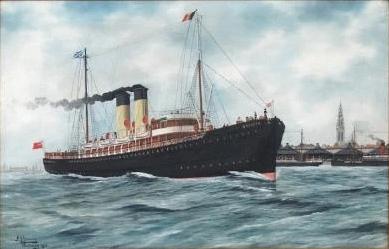Powerful and efficient, diesel engines are the mechanical hearts of many of the world’s trucks, trains, and ships, as well as construction, farm, and military equipment.
The creation of the internal combustion engine in the late 1800s revolutionized worldwide industries. History hasn’t heralded its inventor to the extent that it has with Thomas Edison or Henry Ford for their contributions.






